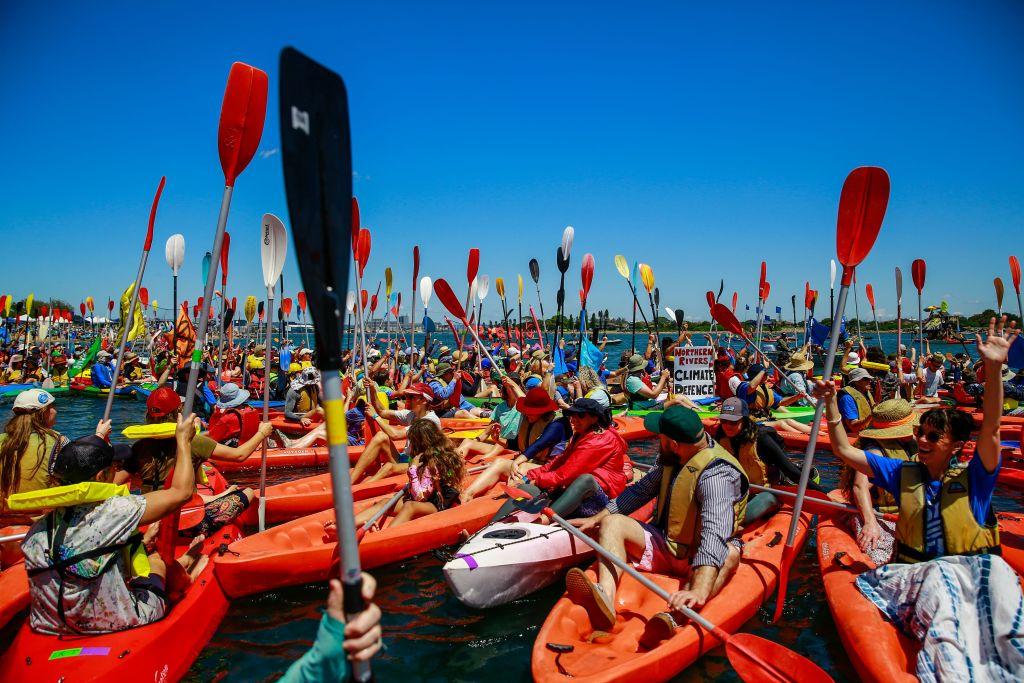A planned climate protest earmarked to blockade the rail line to the world’s largest coal mine at Newcastle, has prompted the New South Wales (NSW) Labor government to introduce a specific offence to deter such an action.
While protesters that block trains can face two years in jail, there is no added threat of a fine similar to when a road, bridge, port, or other major facility is blocked.





